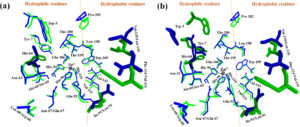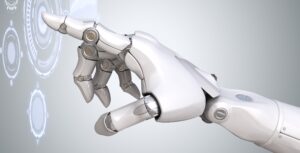INSPIRATION
Both recycling and remanufacturing reduce solid and hazardous waste, but the former uses more energy to dismantle a product. Moreover, recycling implies breaking down a product to convert it into raw materials that are used for making new products. But remanufacturing involves rebuilding a product to its original condition with reused, repaired, and some new parts, making it as good as new. Advanced technologies like laser metal deposition (LMD), an additive manufacturing process, not only restore a component but also add extra features for improved performance. This allows original equipment manufacturers (OEMs) to cut down their capital investment expenditures while also reducing their carbon
footprint.
British startup Circular Computing remanufactures laptops to BS 8887 standards. After dismantling each laptop into its major parts, they repair and repaint covers, palm rests, bezels, and keyboards in matt, gloss, and soft-touch finishes to match the original laptop. Replacing damaged components
is also an integral part of the remanufacturing process. After the process, every laptop undergoes Aiken testing as well as a minimum 3-hour stress test to run the major components at full load. The startup then sells remanufactured laptops with a minimum 12-month warranty.
Resolute Industrial is a US-based startup offering remanufactured screw compressors, reciprocating compressors, and air-cooled chillers. The startup’s engineers inspect each part of the returned compressors to determine suitability for reconditioning and reuse. It reuses compressor parts that pass
the inspection process, as well uses new parts to make up for the missing components. The remanufactured compressors undergo a bench testing procedure to assure they are ready
for service. The startup offers the same warranties, including extended warranties, for remanufactured compressors as new ones.




